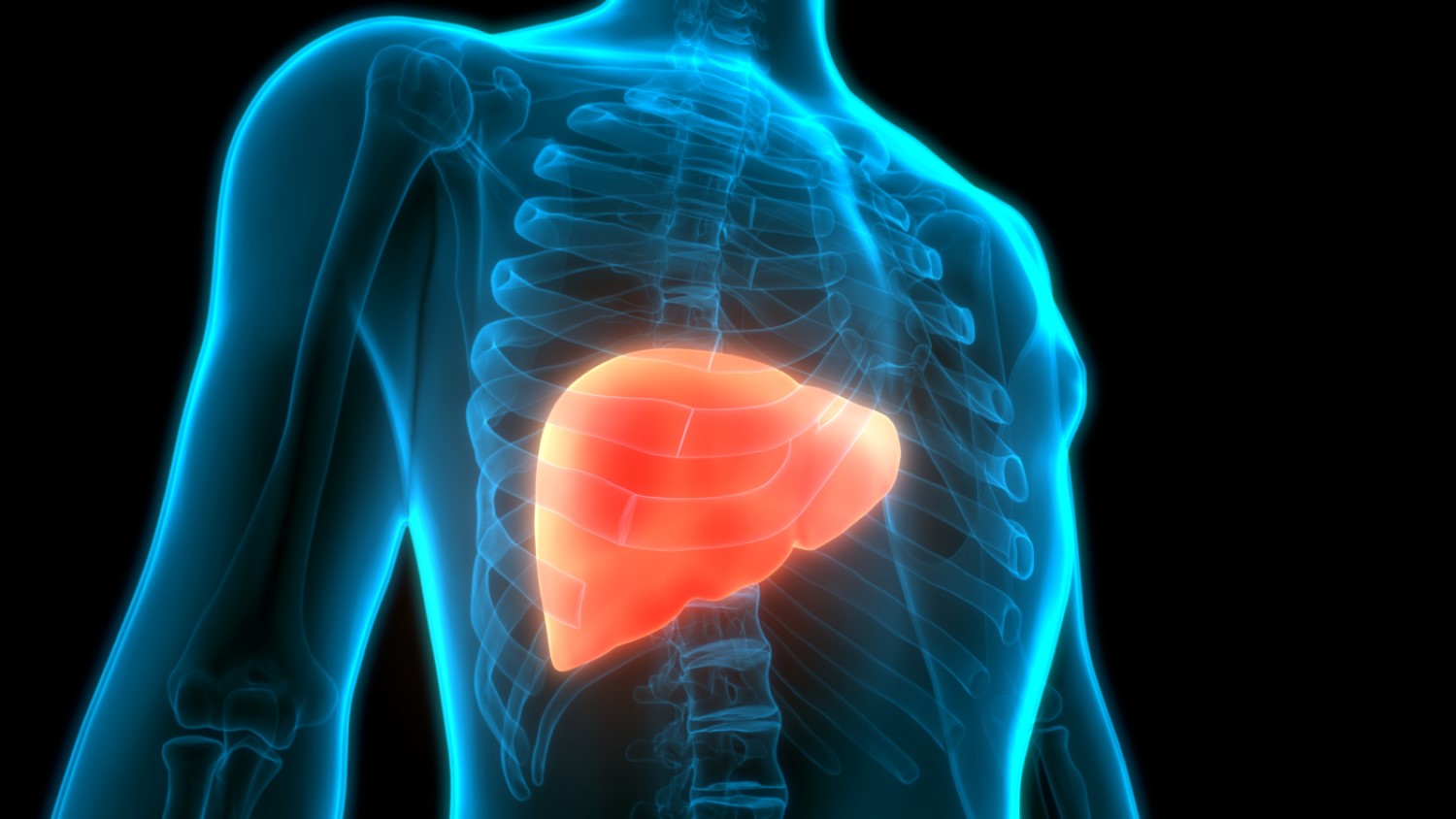
Researchers at UCSD School of Medicine successfully applied phage therapy in mice to treat alcohol-related liver disease
On Nov. 13, 2019, researchers at University of California San Diego (UCSD) School of Medicine announced that they had successfully applied phage therapy in mice to treat alcohol-related liver disease, targeting cytolytic E. faecalis, providing a method to precisely edit the gut microbiome and offering new treatment for patients with severe alcoholic hepatitis.
Chronic liver disease due to alcohol-use disorder contributes markedly to the global burden of disease and mortality. Alcoholic hepatitis is a severe and life-threatening form of alcohol-associated liver disease. The gut microbiota promotes ethanol-induced liver disease in mice, but little is known about the microbial factors that are responsible for this process.
The presence of cytolysin-positive (cytolytic) E. faecalis correlated with the severity of liver disease and with mortality in patients with alcoholic hepatitis.
The study shows that bacteriophages can specifically target cytolytic E. faecalis, which provides a method for precisely editing the intestinal microbiota.
A clinical trial with a larger cohort is required to validate the relevance of our findings in humans, and to test whether this therapeutic approach is effective for patients with alcoholic hepatitis.
Tags:
Source: Nature
Credit:
